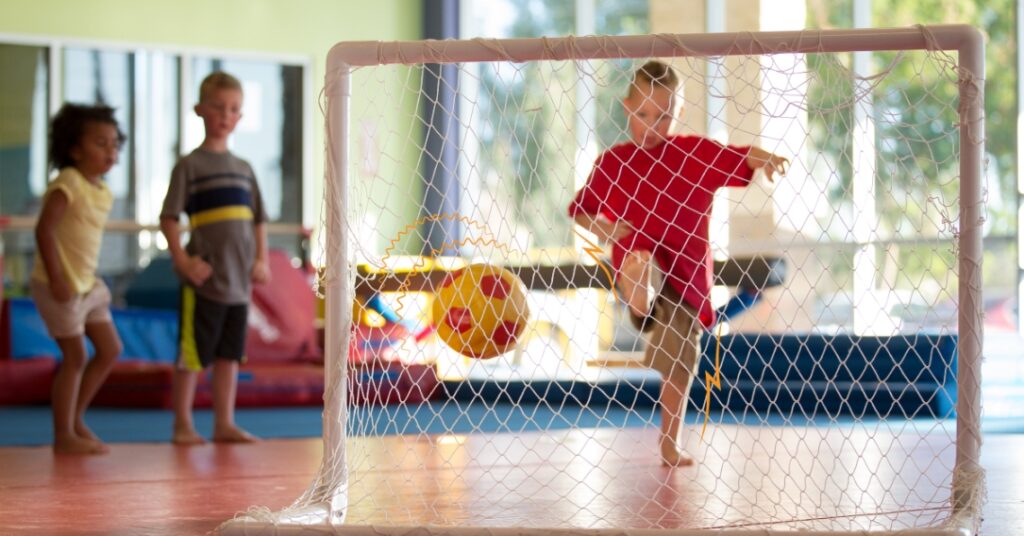Playtime is a child’s full-time job. Through imaginative play, children are able to learn more about themselves and the world around them. Imaginary, or pretend play, provides children with an opportunity to develop and grow important social, emotional, and critical thinking skills (to name a few) to help them grow into well rounded little people. Check out these ways your child can benefit from pretend play:
Language Development: While engaging in imaginative play, children are able to use their voices freely, without correction or judgement. Whether they’re playing independently or with others, they are given the opportunity to speak their minds and express themselves. If you ever get a chance to listen in, oftentimes you’ll hear some words or phrases you never thought your child knew! This is a great way to see how their child development and social skills are progressing.
Social & Emotional Development: Imaginative play allows children to pretend to be different people or characters and experiment with various social roles. Whether playing with friends or family members children develop social skills, including cooperation, team work, and an understanding of other people’s feelings early in childhood.
Foster Independence in Kids: Children who engage in imaginary play are often entertaining themselves, which naturally leads to an increased sense of independence. It also provides children to lead their way of play, creating new characters, stories, and worlds in their own imaginations.
Thinking & Problem-Solving Skills: Imaginary play provides children with the opportunity to work through various social and emotional problems. When engaging in imaginary play with a friend, you can often see the pair working through a conflict, eventually coming to a resolution.
Tips for Encouraging Pretend Play
- Raid (or clean) the closets and provide your child with items that can be used for dress up.
- Invest in some creative playthings like kid-sized dramatic play kits like doctor kits, play food, and cooking materials, etc.
- Explore your child’s interests. For example, if your child is REALLY into fire trucks, pretend there is a fire and your child is the fire chief that has to work to put out the fire and rescue their stuffed animals.
- Join in on the fun! Showing interest in your child’s play is HUGE for their development. Take time to interact and play with your child when you have the opportunity.




